Do you have an ear pinner? Why do horses pin their ears at you?
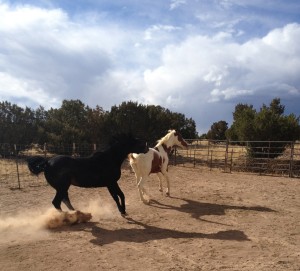

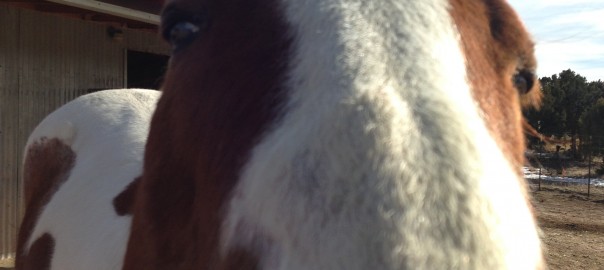
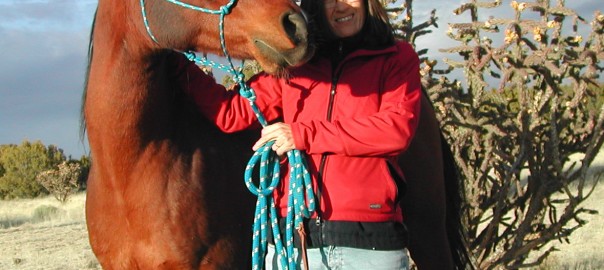
We need to stay in our own truth. Admiring experts is wonderful, but even experts can be wrong.
These days we are inundated with information on how to manage our performance horse, geriatric horse, and what ever, usually from the companies that sell supplements. If there is a problem with your horse, there is probably a supplement designed for it.
![Sharif paying attention to work done on his neck. [Catherine Sobredo Photography]](https://horsesatliberty.files.wordpress.com/2012/08/imgp2293.jpg?w=198)
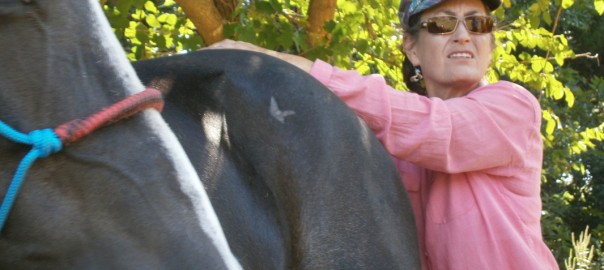
Last weekend I conducted a three-hour tutorial on equine bodywork on Friday before the Spirit Horse Liberty Foundation Clinic in Jones, Oklahoma. Visiting and ranch horses were evaluated and students learned some skills in how to do bodywork on their own horses, with work on the hindquarters, shoulders and legs that translated to the spine. This work addresses the physical problems horses suffer. Among the students were an equine chiropractor, horse trainer and nurse who were all amazed as I have often been at the powerful effect of Equine Ortho-Bionomy.
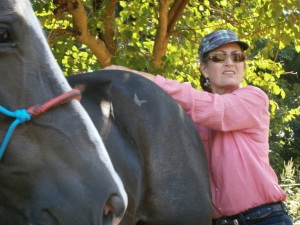 Continue reading Bodywork alternatives for horses – OrthoHorse Tutorial news
Continue reading Bodywork alternatives for horses – OrthoHorse Tutorial news
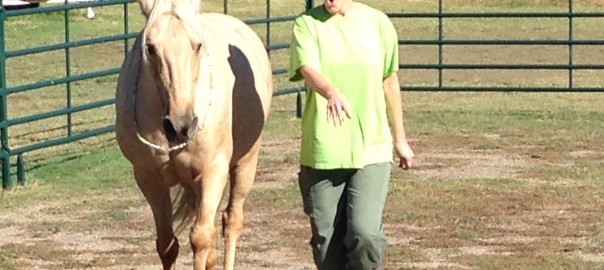
“Both equines and humans learned to overcome fear and step into trust and love. Hope you enjoy the picture of you and beautiful Starwyn.” – Lisa Malone
“Every time I close my eyes even for a moment I see those beautiful horses faces.” – Lucy Taylor
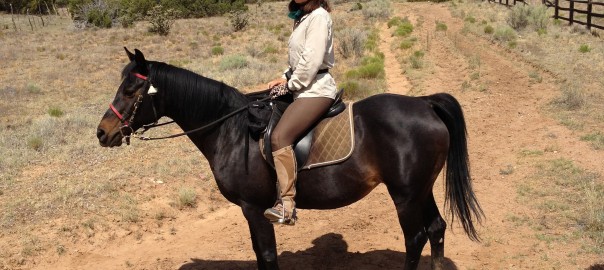
The question: What if I can’t ride my horse? was asked at a clinic some time ago. There are many reasons why we might not be able to ride our horses:
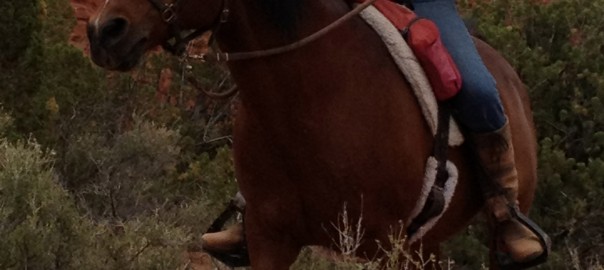
Recently I had a client in my office who had a swollen ankle. She has had a swollen ankle before so I mentioned to her: rest, ice, compression, and elevation of the leg for self-care.
Self-care is a big part of my practice. I said, “okay, if your horse’s fetlock looked like this, what would you be doing?”
Recently I had a client horse who broke his jaw. This is how it happened: he was clenching his teeth around a bar of his stall door, while his forefeet were on a ledge of that same door. He dropped one foot down and neglected to release his teeth from the bar of the stall. This action broke his jaw on the side of the mandible.
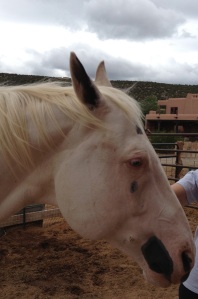
Pat Parelli says you must be “mentally, emotionally and physically fit” to handle horses. I would argue that many people who aren’t physically fit can do a lot with horses. To me the bottom line is energetics. The horse recognizes the energy in the person, and will respond to that.
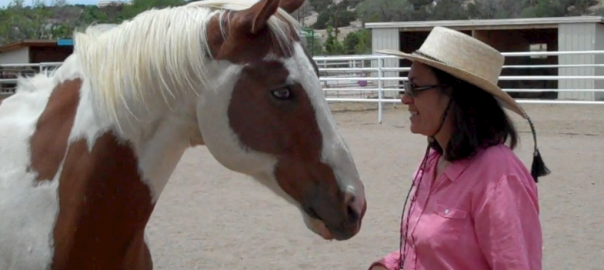
I know what I’m about to write is probably controversial to many people. But I believe therapy horses need help.
Until our gelding Patches came to live with us, I didn’t know much about the horses in therapeutic riding programs. I thought they were doing a public service and that was great. Now I see remnants of that experience in our horse and have spent two years helping him get confident again. During the past two years, I’ve spoken to others who have either worked in such programs or who have horses from the programs and have also seen similar problems these horses suffer.